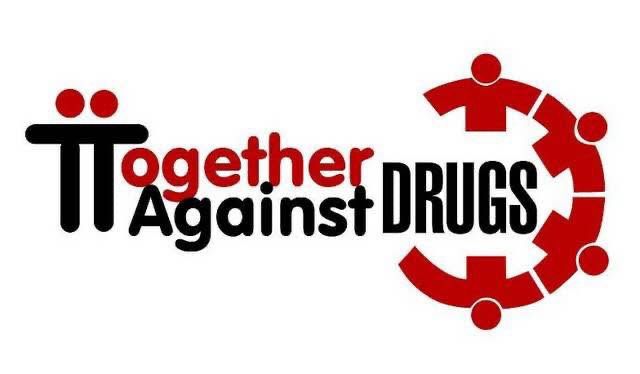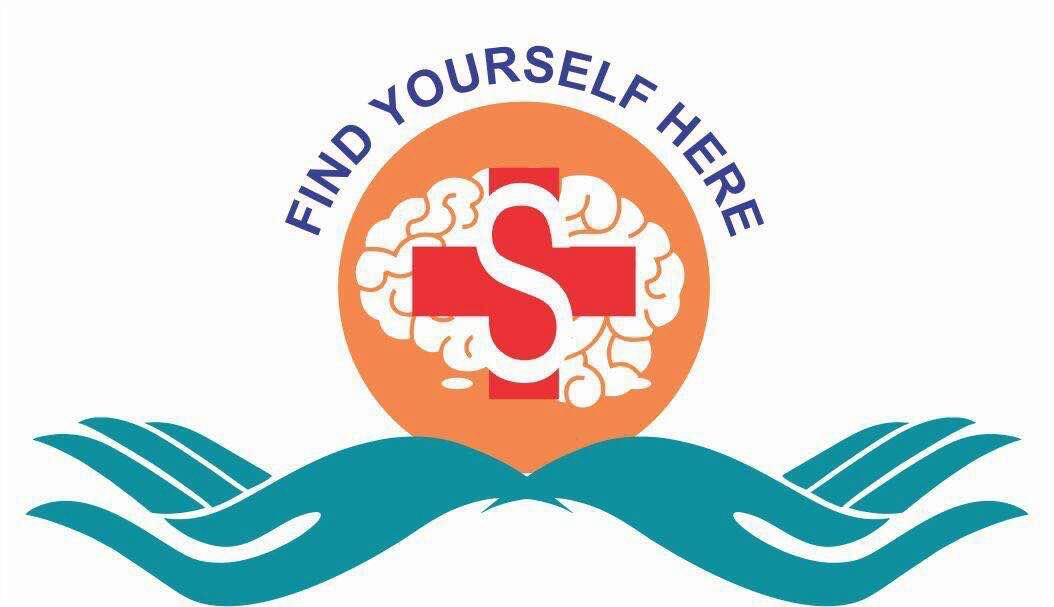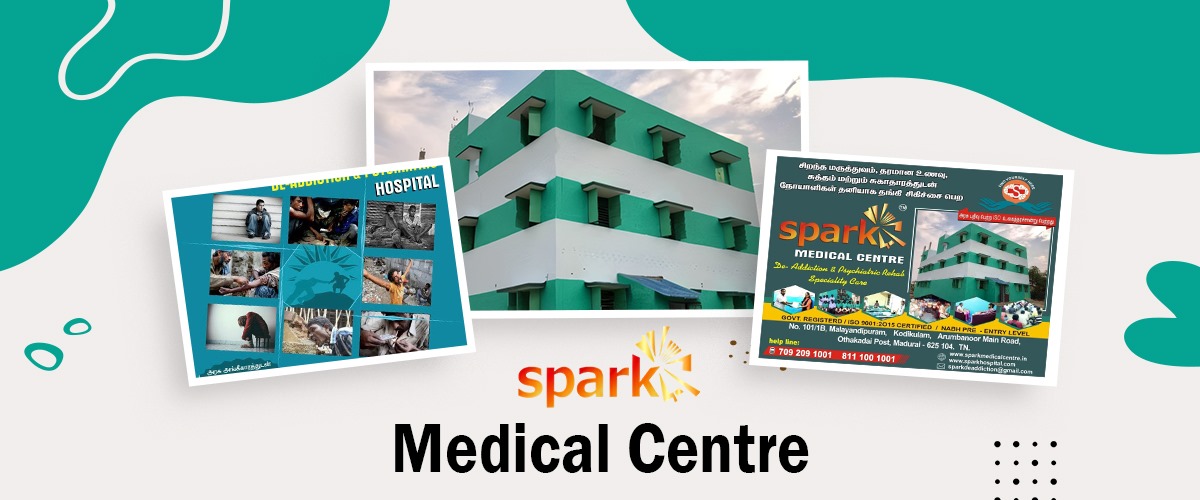
Schizophrenia
Schizophrenia is a complex and often misunderstood mental health disorder that affects how a person thinks, feels, and behaves. It can lead to a distorted perception of reality, including hallucinations, delusions, disorganized thinking, and emotional difficulties. Schizophrenia is not the same as having a split personality. It is a serious brain disorder that requires medical attention and long-term support.
Symptoms of Schizophrenia
- Hallucinations (hearing, seeing, or feeling things that aren’t there)
- Delusions (strong beliefs not based in reality)
- Disorganized speech or thoughts
- Unusual or erratic behavior
- Lack of motivation or initiative
- Reduced emotional expression (flat affect)
- Social withdrawal
- Difficulty experiencing pleasure (anhedonia)
- Trouble with focus, memory, or attention
- Poor executive functioning (planning, organizing, decision-making)
- Slowed thought processes

Causes of Schizophrenia
Genetics: Having a family history of schizophrenia increases risk.
Brain Chemistry and Structure: Imbalances in dopamine and other neurotransmitters, as well as structural brain abnormalities, may contribute.
Prenatal Factors: Malnutrition, exposure to viruses, or birth complications can increase risk.
Substance Use: Some research suggests drug use (especially during adolescence) may trigger or worsen symptoms in vulnerable individuals.
Stressful Life Events: While not a direct cause, high-stress situations can contribute to symptom onset or relapse.
How to Recover
Early Diagnosis and Intervention: The sooner treatment begins, the better the outcomes.
Medication Management: Antipsychotic medications are often essential in controlling symptoms.
Therapy and Skill-Building: Therapy helps manage stress, improve communication, and build social or vocational skills.
Support Systems: Strong support from family, friends, and peer groups plays a crucial role in recovery.
Education: Learning about the condition helps individuals and their families better cope and advocate for their needs.
Healthy Lifestyle: Balanced nutrition, regular sleep, physical activity, and avoiding alcohol or drugs can support stability.

Our Treatments
Comprehensive Psychiatric Evaluation: Detailed assessments to create a personalized care plan.
Medication Management: Monitoring and adjusting antipsychotic medications for maximum effectiveness with minimal side effects.
Cognitive Behavioral Therapy for Psychosis (CBTp): Helps manage distressing thoughts and improve coping strategies.
Social Skills & Vocational Training: Builds confidence and life skills for independent living and employment.
Family Therapy and Education: Empowers loved ones with tools to support recovery and improve communication.
Case Management & Community Support: Access to housing, job training, and social services.
Relapse Prevention & Ongoing Support: Ensures continuity of care and early intervention in case of symptom recurrence.


